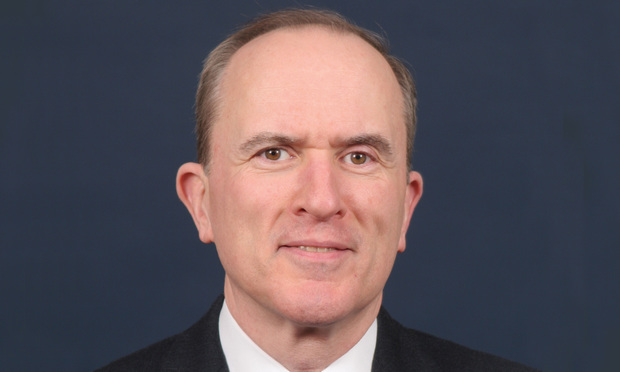Fraud on government health benefit programs has been a major problem for decades. Despite enormous resources deployed at both the federal and state levels to recover moneys fraudulently obtained and to hold the perpetrators accountable, programs such as Medicare and Medicaid continue to be billed for and pay out claims for items or services that were not actually provided, or that were not necessary or appropriate for the patient, or that were provided pursuant to an illegal kickback or self-referral scheme.
A major part of this fraud problem clearly has been the fact that the programs’ fiscal intermediaries (FI) usually pay out these claims, and then the FI or the government itself must take steps to retrieve the improper payments and punish the perpetrators. The audits, investigations, and subsequent criminal and civil actions and debarment proceedings can take years. Another significant problem is that some perpetrators, after being caught and excluded from the programs, manage to get back into business under different names or by exercising behind-the-scenes control of other participating providers or suppliers (hereinafter collectively “providers”).


 Francis J. Serbaroli
Francis J. Serbaroli




